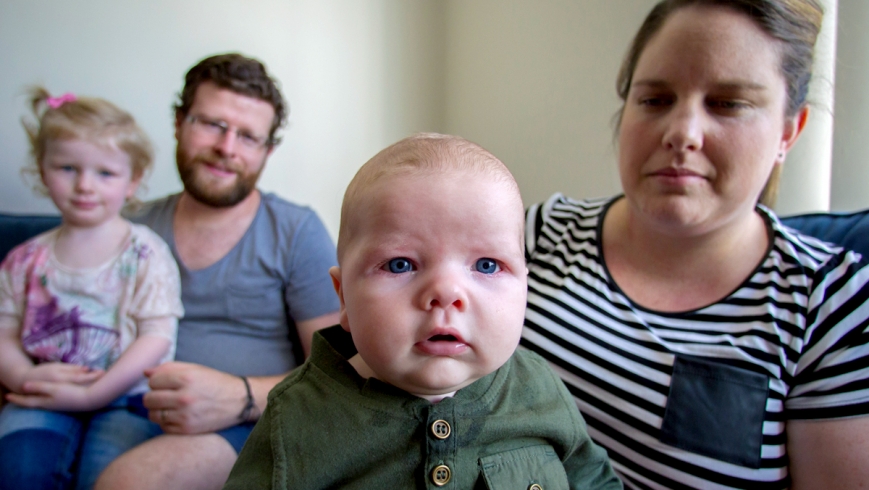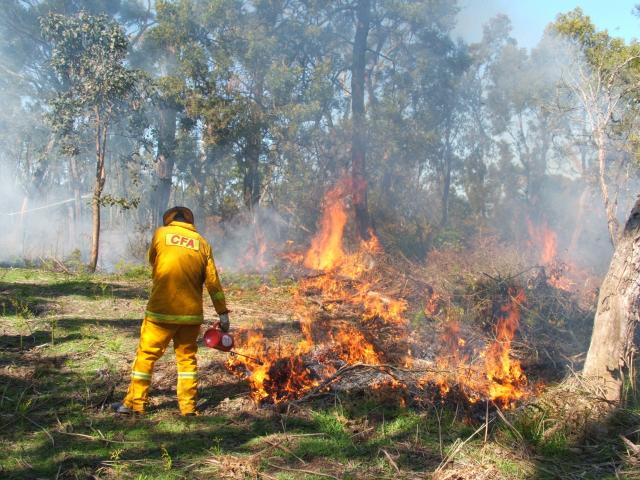Wyndham parents fear their children will be denied access to a new drug designed to prolong the lives of hundreds of cystic fibrosis (CF) sufferers, with stringent conditions being placed on its inclusion on the Pharmaceutical Benefits Scheme.
After months of deliberation, an advisory committee announced last week that Kalydeco would only be subsidised if it was proven to significantly improve the health of sufferers.
The ruling means patients will be taken off the $300,000-a-year drug if their lung function fails to improve by at least 10 per cent while they are on the medication. Manufacturer Vertex has indicated it will not agree to the conditions, leaving its inclusion up in the air.
Werribee’s Rachelle Haikalis, whose daughter Ellie, 11, was diagnosed with CF in September last year, criticised the decision.
Ellie has a rare gene, G551D, that does not allow salt and fluid to flow through her body.
The result is a build-up of mucus in her lungs and digestive system. About 8 per cent of CF patients in Australia – about 200 people – have the gene. Kalydeco is the only drug found to improve the lung function of these patients.
“If Ellie was on Kalydeco, her lung function might not improve 10 per cent but it would have other benefits for her,’’ Mrs Haikalis said.
‘‘But if she doesn’t meet the condition of improving her lung function by 10 per cent, they would take it away from her.”
Tarneit’s Kate MacPherson believes the decision will prevent people who need Kalydeco the most from accessing the drug.
Mrs MacPherson’s son Brody was diagnosed with CF in December last year at just four weeks old. He also has G551D.
While Brody is too young to take Kalydeco, Mrs MacPherson is worried about his future.
“It’s just mind blowing that such conditions could be placed on a drug that could prolong the lives of hundreds of children,” she said.
Cystic Fibrosis Australia chief executive Michelle Skinner said the decision meant sufferers were no closer to accessing Kalydeco.







